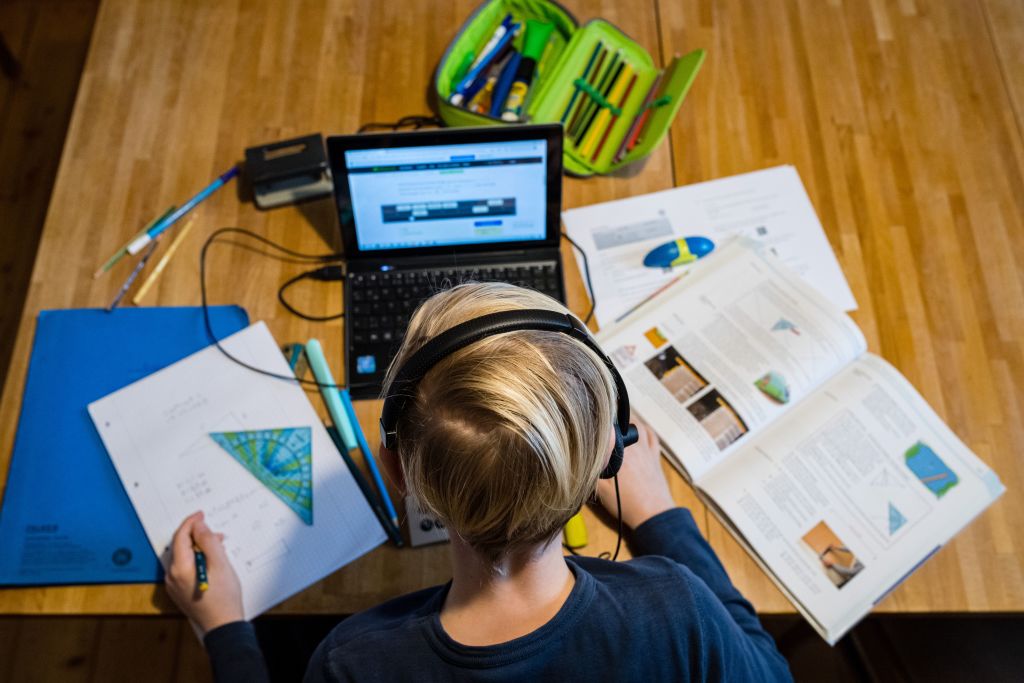Schools are a relatively new phenomena in human history. In Britain, they expanded in the 19th century and early 20th century in step with industrialisation and urbanisation, but in many places in the world, what little education the young receive occurs at home.
The assumption most share, not unreasonably, is that where there are schools to attend, parents should send their children to them so they can avail themselves of the opportunities for academic learning, for socialisation and working through what they might do after they leave with the rest of their lives.
Covid gave an enormous boost to homeschooling
The number of children being home-schooled in the last hundred years in Britain has been relatively low and stable, restricted in the main to parents who want a particular style of religious education for their children (evangelical Christianity, for example) or where there are personal difficulties deterring the young attending school.
We might be surprised, then, to learn that the numbers being educated at home have doubled in the last year, with over 65,000 children transferring to home-schooling.







Comments
Join the debate for just $5 for 3 months
Be part of the conversation with other Spectator readers by getting your first three months for $5.
UNLOCK ACCESS Just $5 for 3 monthsAlready a subscriber? Log in